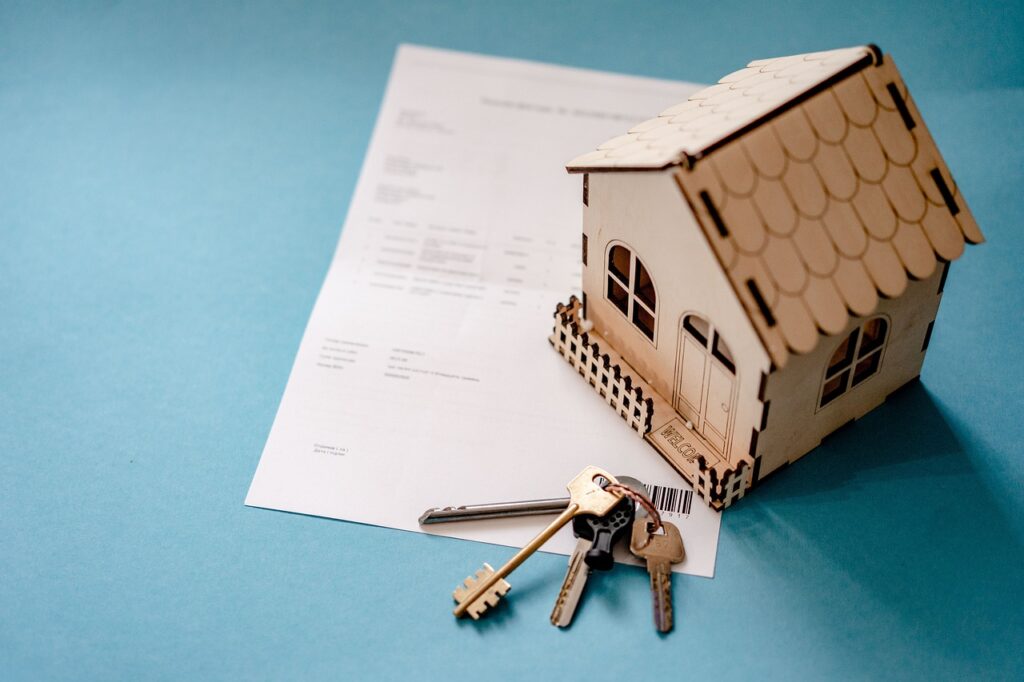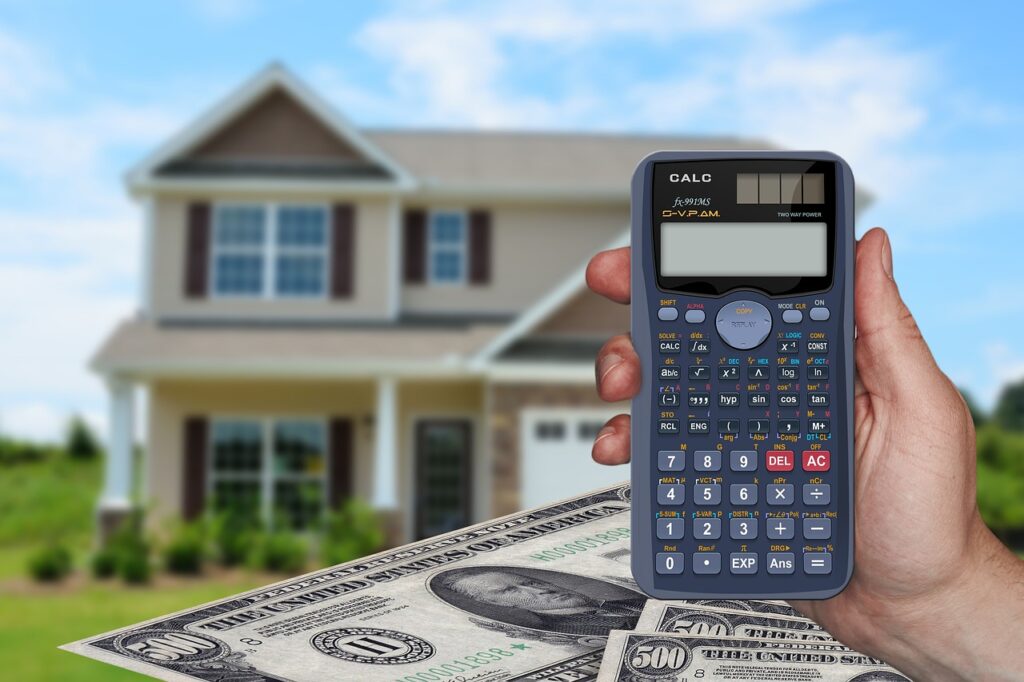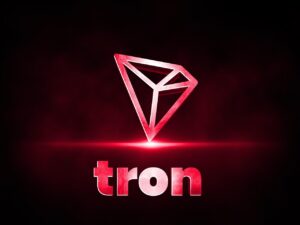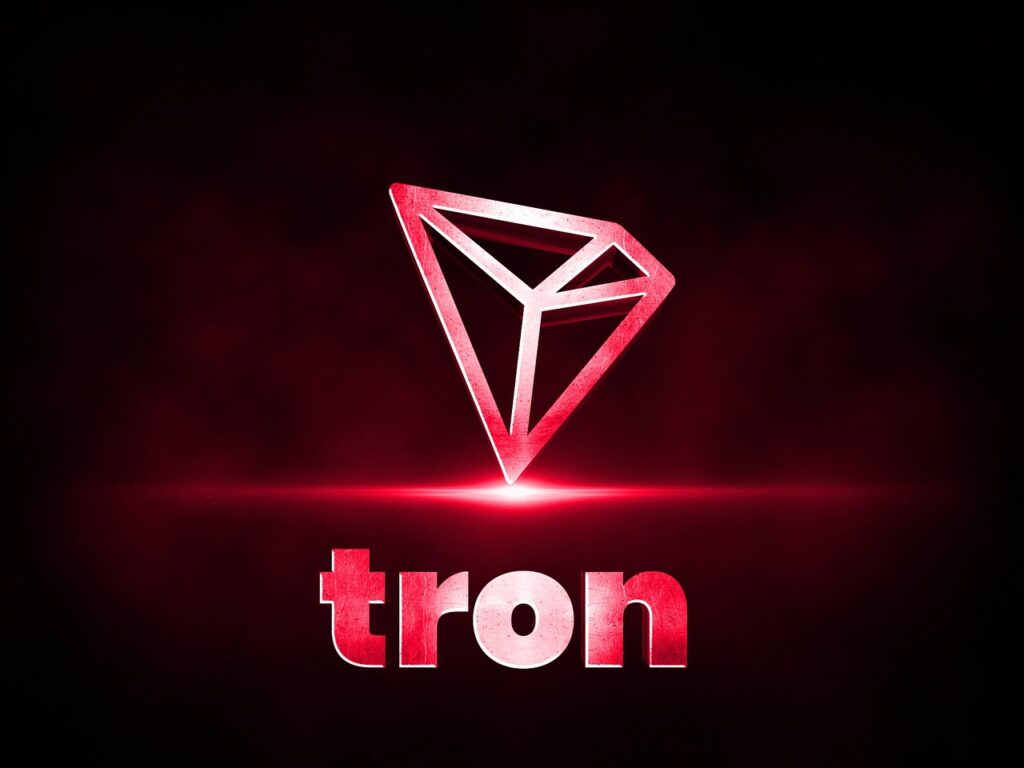Smart contracts are revolutionizing real estate transactions as self-executing agreements with terms encoded directly in blockchain technology. They significantly reduce dependence on intermediaries like brokers and attorneys, cutting both costs and processing time. These automated contracts enable efficient execution of diverse real estate operations—from buying and selling to leasing and property management. Transparency is dramatically enhanced as all participating parties can access and monitor contract details and execution processes on the blockchain. Additionally, security is strengthened through blockchain’s decentralized architecture, making contract tampering or unauthorized modification extremely difficult. This technological advancement addresses traditional inefficiencies while providing greater security and transparency for all parties involved in property transactions.
Table of Contents
- 1 Understanding Smart Contracts in Real Estate
- 2 How do they do it?
- 3 How does blockchain support smart contracts in real estate?
- 4 Benefits of Smart Contracts in Real Estate
- 5 Cost Savings with Smart Contracts in Real Estate
- 6 Enhanced Transparency and Safety
- 7 Speed and Efficiency
- 8 Improved Accessibility and Liquidity
- 9 Use Cases of Smart Contracts in Real Estate With Examples
- 10 1. Property Transactions and Transfers
- 11 2. Escrow Services
- 12 3. Rental Agreements and Property Management
- 13 4. Tokenization of Real Estate Assets
- 14 5. Title Management and Verification
- 15 Implementation Challenges and Solutions
- 16 Legal Recognition
- 17 Technical Expertise
- 18 Security Concerns
- 19 Integration with Legacy Systems
- 20 The Future of Smart Contracts in Real Estate
- 21 Getting Started with Smart Contracts in Real Estate
- 22 Conclusion
Understanding Smart Contracts in Real Estate
Smart contracts represent a revolutionary technology transforming how real estate transactions are conducted and managed. At their core, these self-executing agreements operate through blockchain technology, automatically enforcing contractual terms when predetermined conditions are met. In the real estate sector, smart contracts facilitate property transfers, rental agreements, and complex multi-party transactions without requiring traditional intermediaries. They create an immutable record of ownership history and transaction details while streamlining processes like escrow management, title verification, and payment transfers. By reducing paperwork, eliminating many manual verification steps, and providing instant execution once conditions are satisfied, smart contracts significantly decrease transaction time and costs. This technological innovation addresses long-standing inefficiencies in real estate dealings while offering enhanced security through cryptographic protection and greater transparency by allowing all authorized parties to access the same verifiable transaction data in real-time.
How do they do it?
A smart contract for real estate is a self-executing digital agreement where the terms are directly written into code on a decentralized blockchain network. These contracts are accessible to all relevant parties, ensuring transparency, security, and immutability. They operate on simple “if/then” conditions, which automatically trigger actions when certain requirements are met.
For example:
- If the rent is paid on time, then the lease automatically renews.
- If payment is received, then ownership is transferred to the buyer.
Using a smart contract for real estate simplifies transactions, reduces the need for intermediaries, and ensures faster, more secure property deals.
How does blockchain support smart contracts in real estate?
Blockchain-powered smart contracts in real estate are revolutionizing the industry by providing secure, transparent automation of property transactions. These digital agreements record crucial ownership details, payment terms, and contractual obligations on an immutable public ledger, eliminating human error and reducing dependency on intermediaries. This technological advancement significantly decreases fraud risk while accelerating closing timelines.
In the commercial real estate sector, smart contracts in real estate offer particular value by simplifying complex, multi-party agreements. They effectively navigate legal complexities and compress traditionally lengthy closing periods. Furthermore, these smart contracts enable innovative ownership models through asset tokenization and fractional ownership opportunities, democratizing access to premium real estate by establishing clear, enforceable property rights for investors at all levels.
Benefits of Smart Contracts in Real Estate
The real estate industry is evolving beyond its traditional paper-heavy processes, complex transactions, and numerous intermediaries through ongoing digitalization efforts. However, unlike digital images that can be easily posted and sold online, properties remain tangible, non-fungible assets that require special handling in the digital realm.
To make your property available digitally for sale or lease, the process begins with creating a digital “receipt” for your property. This involves assigning your property a unique digital fingerprint in the form of a token with its own distinct name and symbol. This critical information is then recorded on a blockchain, effectively transforming your property into a non-fungible token (NFT).
When selling or leasing this property, you would work directly with a buyer to establish a smart contract for real estate transactions. These automated, self-executing agreements have demonstrated remarkable efficiency improvements according to recent industry data. Smart contracts for real estate have successfully reduced transaction timeframes by approximately 30% while simultaneously cutting transaction costs by an impressive 50%.
By implementing smart contracts for real estate, property transactions become more streamlined, secure, and cost-effective for all parties involved, representing a significant advancement in how real estate changes hands in the digital age.
Cost Savings with Smart Contracts in Real Estate
Traditional real estate transactions typically involve multiple intermediaries – agents, lawyers, and notaries – each adding their fees to the process. Smart contracts offer a more efficient alternative by automating many of these previously manual tasks.
The advantages of this automation are significant:
- Reduced fees: By eliminating or minimizing the need for intermediaries, smart contracts help avoid many of the associated costs.
- Lower transaction expenses: Processes like identity verification, ownership transfer, and payment processing occur automatically through smart contracts. This acceleration reduces delays while cutting costs related to document management and transaction processing.
- Minimized documentation: Smart contracts dramatically reduce the need for physical paperwork. This elimination of printing, storage, and courier services saves time and money while also being more environmentally sustainable.
The transition to smart contract technology represents a fundamental shift in how real estate transactions can be conducted, offering greater efficiency and cost-effectiveness for all parties involved.
Enhanced Transparency and Safety
Smart contracts derive one of their most valuable benefits from their inherent transparency. Each transaction phase is permanently recorded on blockchain technology, functioning as an unalterable digital ledger.
- Immutable transaction history: The unchangeable nature of blockchain records creates a foundation of trust among all participants, eliminating concerns about record manipulation.
- Protected financial transactions: When using smart contracts in real estate transactions, funds can be securely held in escrow until all contractual conditions are satisfied, releasing payment only when every requirement has been verified.
- Reduced fraudulent activity: The combination of transparent processes and automated execution significantly diminishes opportunities for deceptive practices. The reduction of manual intervention simultaneously decreases both unintentional errors and deliberate misconduct.
This enhanced security framework represents a significant advancement over traditional real estate transaction methods, providing all parties with greater confidence in the integrity of their property dealings.
Speed and Efficiency
Smart contracts in real estate deliver unprecedented efficiency by automating complex workflows and executing critical tasks with minimal human involvement.
- Accelerated property transfers: What traditionally required weeks of processing can now be completed within minutes through automated ownership verification and payment systems.
- Precision in contractual execution: Automated lease management systems effectively prevent payment delays and minimize potential disputes between parties.
- Complete transaction visibility: All stakeholders—buyers, sellers, and investors—gain access to continuous, real-time updates throughout the entire transaction process.
This automation revolution significantly streamlines property transactions while enhancing reliability and transparency for everyone involved in the real estate ecosystem.
Improved Accessibility and Liquidity
Smart contracts in commercial real estate are gaining popularity by making property investments more accessible and dynamic for a broader range of investors.
- Partial Property Investment: Smart contracts enable fractional ownership opportunities, allowing individuals to invest in portions of properties rather than entire assets. This democratizes real estate investment, opening the market to participants with more modest financial resources.
- Enhanced Market Fluidity: Properties that traditionally face liquidity challenges become more readily tradable through smart contract implementation. Investors can acquire or divest property shares without experiencing the typical extended timeframes associated with conventional real estate transactions.
- Simplified Global Transactions: International property investments become considerably more straightforward with smart contract technology. These systems provide secure, reliable platforms for foreign investors looking to participate in real estate markets across borders.
These advantages demonstrate the transformative potential of smart contracts in the real estate sector. The technology’s clear benefits set the foundation for examining specific implementation examples in various property scenarios.
Use Cases of Smart Contracts in Real Estate With Examples
Let’s explore the most significant and versatile implementations that are fundamentally changing the property industry.
Streamlined Property Transactions & Operations
Smart contracts are revolutionizing property exchanges by creating automated systems that eliminate the need for intermediaries and extensive documentation. This technological approach significantly accelerates transaction timelines while providing enhanced transparency and substantial cost reductions for all parties involved.
In the property management sector, smart contracts deliver impressive operational improvements by automating critical functions. These systems efficiently handle lease administration, payment collection, and maintenance coordination. The technology automatically dispatches renewal notifications to tenants and controls vendor payments by releasing funds only after satisfactory work completion. This comprehensive automation framework increases operational efficiency while simultaneously enhancing the overall tenant experience.
1. Property Transactions and Transfers
Smart contracts for real estate transactions can dramatically streamline the buying and selling process. When a buyer sends funds to the smart contract, ownership rights are automatically transferred once verification occurs.
Benefits:
- Reduction in closing time from weeks to hours
- Elimination of manual title transfers
- Automatic recording of ownership changes on the blockchain
- Reduced settlement risks
2. Escrow Services
Traditional escrow services involve a third party holding funds or documents until conditions are met. Smart contracts in real estate can replace conventional escrow:
Benefits:
- Funds are released only when contractual conditions are satisfied
- Reduced escrow fees (typically 1-2% of property value)
- Elimination of potential human error
- Increased transparency for all parties
3. Rental Agreements and Property Management
Smart contracts streamline landlord-tenant relationships by automating:
Benefits:
- Automatic rent collection and payment distribution
- Automated security deposit management
- Triggered maintenance requests based on predefined conditions
- Transparent tracking of property condition
4. Tokenization of Real Estate Assets
Smart contracts enable the division of property ownership into digital tokens, democratizing investment:
Benefits:
- Fractional ownership opportunities starting from small amounts
- Increased liquidity in real estate investments
- Global accessibility to local real estate markets
- Simplified transfer of fractional ownership
5. Title Management and Verification
Title issues are among the most common delays in real estate transactions. Smart contracts in real estate title management offer:
Benefits:
- Immutable record of ownership history
- Instant verification of a clean title
- Reduction in title insurance costs
- Prevention of fraudulent title claims
Implementation Challenges and Solutions
Legal Recognition
Challenge: Smart contracts are still gaining legal recognition across jurisdictions.
Solution: Hybrid approaches that pair traditional legal documents with smart contracts until legislation catches up.
Technical Expertise
Challenge: Limited understanding of blockchain technology among real estate professionals.
Solution: User-friendly interfaces that mask technical complexity and educational resources for stakeholders.
Security Concerns
Challenge: Potential vulnerabilities in smart contract code.
Solution: Comprehensive auditing of smart contracts by security experts and formal verification processes.
Integration with Legacy Systems
Challenge: Traditional real estate systems aren’t designed to interact with blockchain.
Solution: Development of middleware solutions that connect existing platforms with smart contract functionality.
The Future of Smart Contracts in Real Estate
The adoption of smart contracts for real estate transactions continues to grow as the technology matures. Industry experts predict several developments:
- Regulatory Framework Development: Governments worldwide are beginning to establish clear legal frameworks for smart contracts in real estate.
- Standardization: Industry-wide standards for smart contract implementation in property transactions will emerge.
- AI Integration: Artificial intelligence will enhance smart contracts with predictive capabilities and automated negotiation features.
- Cross-Border Transactions: Smart contracts will simplify international real estate investments by standardizing processes across borders.

Getting Started with Smart Contracts in Real Estate
For real estate professionals looking to implement smart contracts:
- Education: Understand the fundamentals of blockchain technology and smart contracts
- Start Small: Begin with simpler applications like rental agreements
- Partner with Tech Experts: Collaborate with blockchain developers experienced in real estate applications
- Stay Informed: Follow legal developments regarding smart contracts in your jurisdiction
- Join Industry Groups: Connect with organizations driving smart contract adoption in real estate
Conclusion
Smart contracts in property are a monumental change in property transactions and management. By enabling processes to be automated, intermediate parties to be minimized, and transparency to be enhanced, smart contracts will see real estate deals become more effective and accessible.
Although challenges persist, the path is set—smart contracts will become an increasingly important part of the future of real estate. Innovative professionals who adopt this technology today place themselves at the cutting edge of industry advancement, poised to realize the advantages of greater efficiency, lower costs, and greater market potential.
As the technology advances and becomes more broadly adopted, smart contracts for real estate will move from cutting-edge exceptions to business norms, profoundly altering one of the world’s most ancient and largest markets.


















